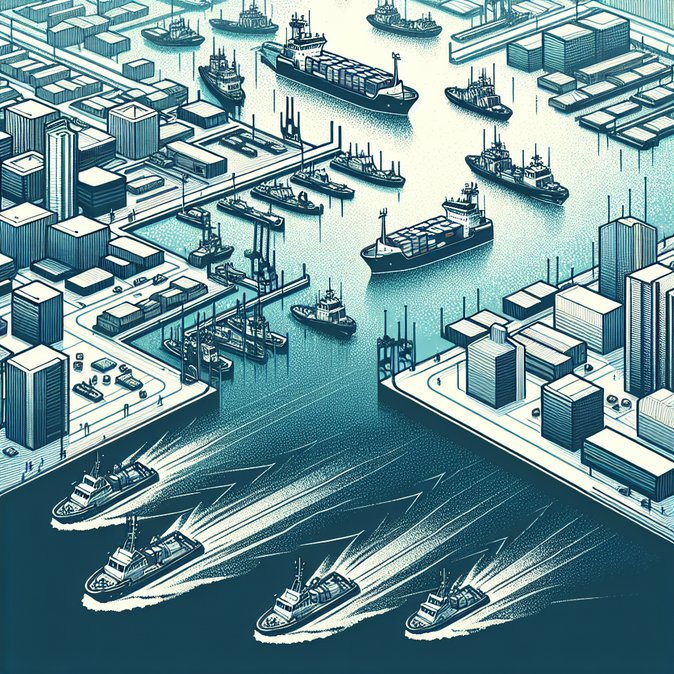
The Australian Border Force (ABF) has completed a week-long ‘high-visibility’ operation at Portland, Victoria, targeting organised-crime infiltration of the nation’s maritime supply chain. Announced on 10 November 2025, the blitz combined vessel searches, aerial surveillance and community outreach — timed to coincide with the 175th anniversary of Portland Customs House.
Inspector Malcolm Hollis said the crackdown zeroed in on ‘trusted insiders’—dock workers, crew and logistics personnel who may facilitate multi-million-dollar cocaine and methamphetamine imports. Intelligence suggests criminal syndicates are increasingly using legitimate merchant ships to drop illicit cargo at sea for pick-up by fishing or recreational vessels before landfall.
![Australian Border Force mounts high-visibility patrols in Portland to harden maritime border]()
The operation underscores Canberra’s shift toward intelligence-led, mobile enforcement rather than static checkpoints. For shipping lines, freight forwarders and mobility managers moving specialist staff through Australian ports, the message is clear: expect tighter credential checks and possible schedule disruption if vessels are selected for inspection. ABF urged industry to promote its Border Watch hotline and warned that failure to secure restricted zones could trigger licence reviews or civil penalties under the Customs Act.
While primarily a security measure, the patrol also has mobility implications. Mariners found breaching visa conditions or maritime-crew visa rules face detention and removal, and companies may be black-listed from the Maritime Crew Visa programme. International assignees working in port communities should ensure they carry appropriate identification and comply with ABF directions during blitz periods.
Inspector Malcolm Hollis said the crackdown zeroed in on ‘trusted insiders’—dock workers, crew and logistics personnel who may facilitate multi-million-dollar cocaine and methamphetamine imports. Intelligence suggests criminal syndicates are increasingly using legitimate merchant ships to drop illicit cargo at sea for pick-up by fishing or recreational vessels before landfall.

The operation underscores Canberra’s shift toward intelligence-led, mobile enforcement rather than static checkpoints. For shipping lines, freight forwarders and mobility managers moving specialist staff through Australian ports, the message is clear: expect tighter credential checks and possible schedule disruption if vessels are selected for inspection. ABF urged industry to promote its Border Watch hotline and warned that failure to secure restricted zones could trigger licence reviews or civil penalties under the Customs Act.
While primarily a security measure, the patrol also has mobility implications. Mariners found breaching visa conditions or maritime-crew visa rules face detention and removal, and companies may be black-listed from the Maritime Crew Visa programme. International assignees working in port communities should ensure they carry appropriate identification and comply with ABF directions during blitz periods.


